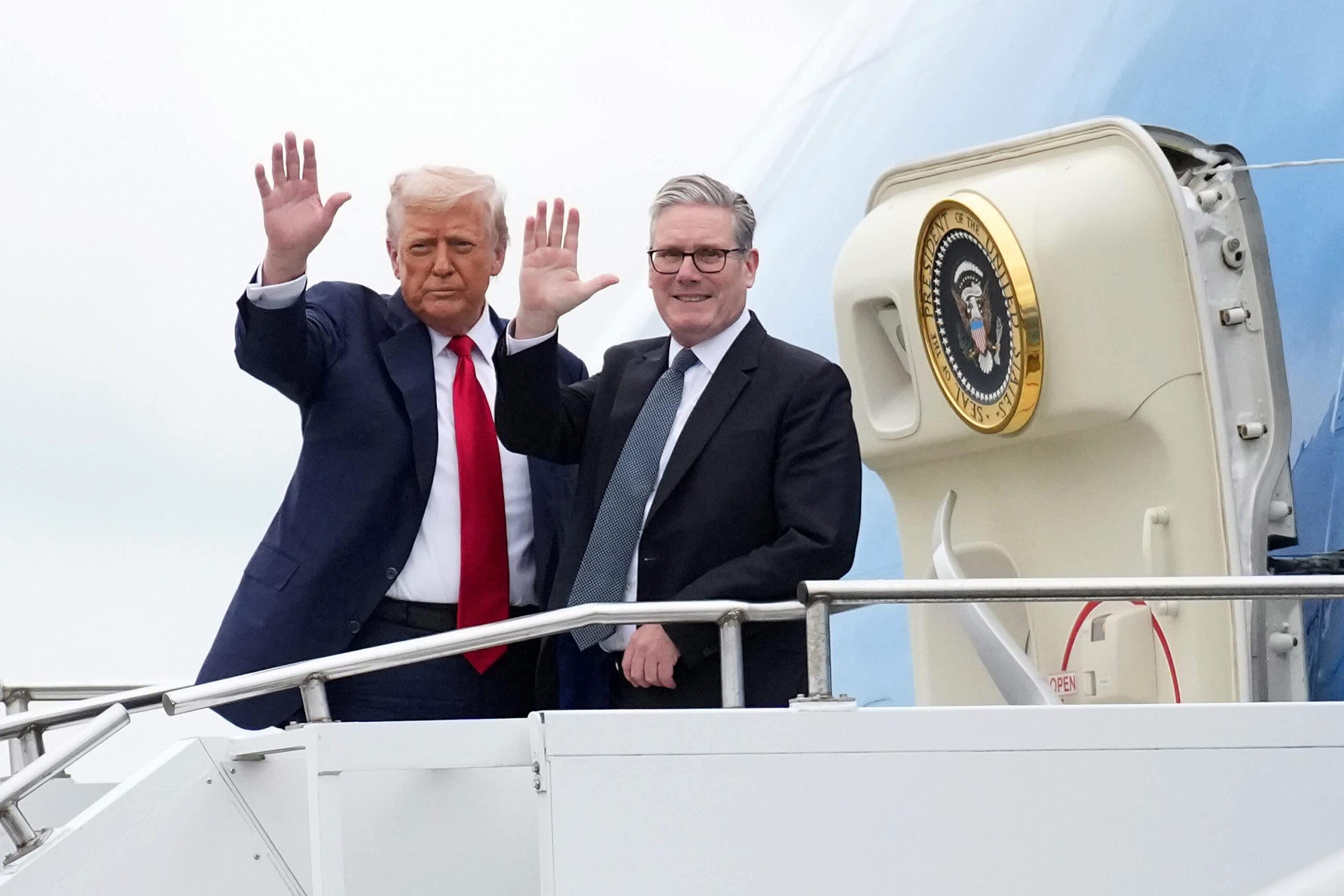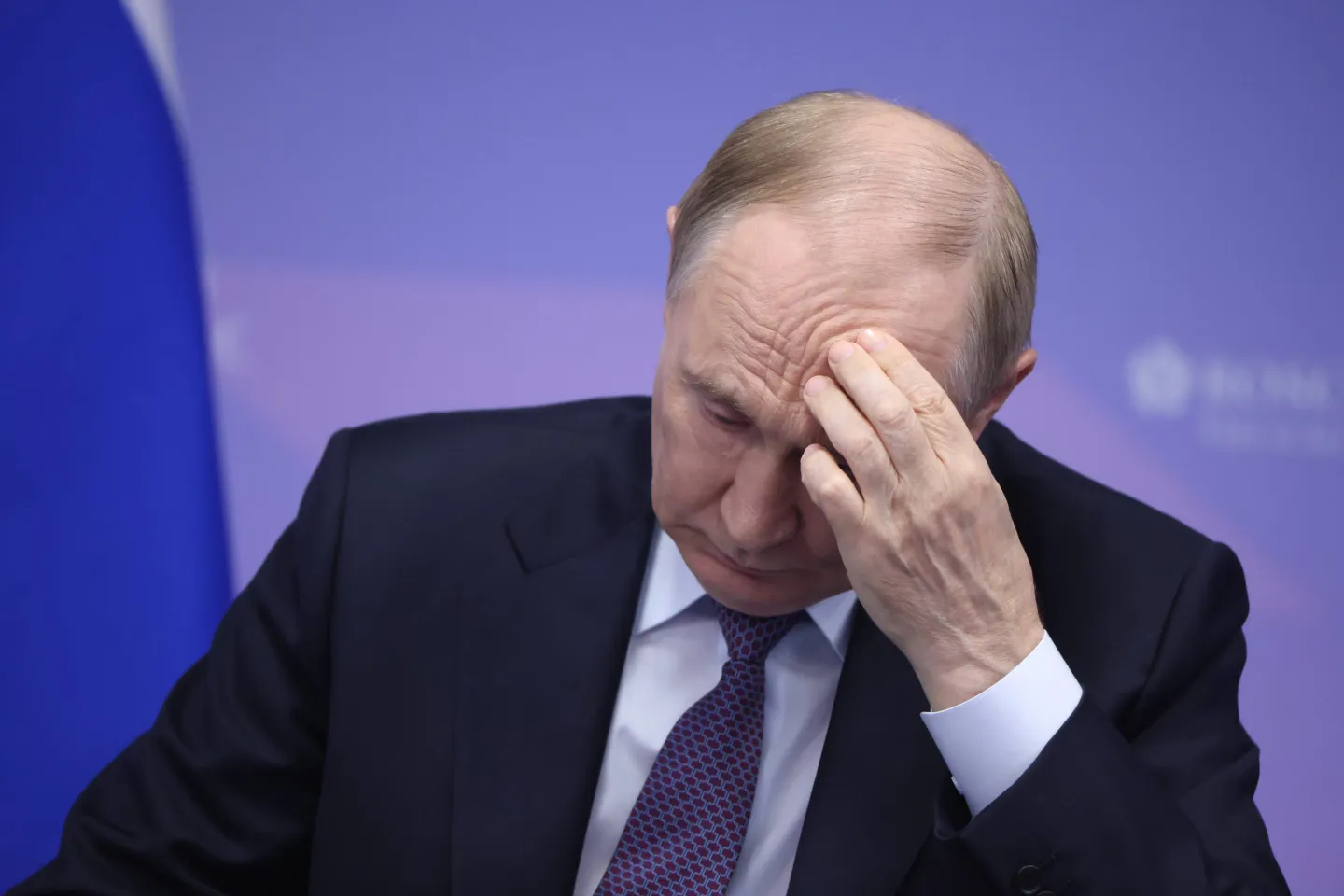Trump and Starmer Poised to Forge Landmark U.S.-UK Nuclear Energy Agreement

In a major development for transatlantic energy cooperation, U.S. President Donald Trump and UK Prime Minister Keir Starmer are reportedly on the verge of finalizing a sweeping nuclear energy deal. The agreement, aimed at bolstering both nations’ energy security and advancing nuclear technology, is being hailed as a potential milestone in global efforts to address climate change while reducing dependence on fossil fuels.
Scope of the Deal
Although specific terms remain under wraps, industry insiders suggest the agreement will cover several key areas:
- Civil Nuclear Cooperation: Expanding collaboration on nuclear power plant development and operation, including safety protocols and technological sharing.
- Advanced Reactor Technology: Joint investments in next-generation reactors such as small modular reactors (SMRs) and high-temperature gas-cooled reactors.
- Supply Chain Integration: Coordinating the supply of critical materials, components, and skilled labor to support nuclear projects in both countries.
- Export and Investment Opportunities: Enabling U.S. and UK companies to jointly pursue international nuclear energy contracts, particularly in emerging markets.
The partnership aims to strengthen the transatlantic nuclear sector while helping both nations meet ambitious carbon reduction goals. Nuclear energy is seen as a critical component in achieving net-zero emissions, offering a stable, low-carbon power source that complements renewable energy.
Strategic Motivations
For the United States, the deal offers an opportunity to revitalize the domestic nuclear industry, create high-paying jobs, and maintain technological leadership in an increasingly competitive global market. U.S. nuclear companies will benefit from access to UK projects, investment guarantees, and regulatory alignment that can facilitate overseas growth.
For the UK, the partnership provides a chance to accelerate nuclear energy deployment while addressing domestic energy challenges. By collaborating with U.S. firms, the UK can leverage expertise in reactor design, project financing, and operational efficiency, reducing project risk and speeding up construction timelines.
Political and Diplomatic Dimensions
The deal also carries significant geopolitical implications. Strengthening U.S.-UK nuclear ties sends a signal to allies and competitors alike that the two nations are committed to joint energy security and technological innovation. The timing is notable, coming amid global concerns about energy supply stability and the strategic role of nuclear energy in a world transitioning away from fossil fuels.
Additionally, the agreement may serve as a model for future international nuclear cooperation, encouraging other countries to invest in advanced nuclear technology under strict safety and regulatory frameworks.
Industry and Market Implications
Analysts anticipate a positive impact on nuclear energy stocks and related sectors, including engineering, construction, and materials suppliers. Companies involved in reactor design, turbine manufacturing, and nuclear fuel production could see increased demand and investment opportunities.
Moreover, the partnership may encourage private investment in nuclear infrastructure, with potential public-private funding models emerging to support large-scale projects. Experts argue that this could catalyze innovation, drive down costs, and accelerate deployment timelines for nuclear power globally.
Challenges Ahead
Despite its promise, the deal faces several hurdles:
- Regulatory Complexity: Harmonizing U.S. and UK nuclear safety standards and licensing procedures will require careful coordination.
- Public Perception: Nuclear energy projects often face opposition from local communities concerned about safety, waste disposal, and environmental impact.
- Geopolitical Tensions: Expanding nuclear collaboration may attract scrutiny from countries wary of shifts in global energy influence.
Success will depend on effective diplomacy, transparent communication, and rigorous adherence to safety and environmental standards.
Looking Ahead
If finalized, the Trump-Starmer nuclear deal could reshape the energy landscape for both nations, enhancing security, fostering innovation, and providing a blueprint for international collaboration in clean energy. For investors, policymakers, and industry leaders, it signals a renewed commitment to nuclear energy as a key driver of economic growth and climate action.




















